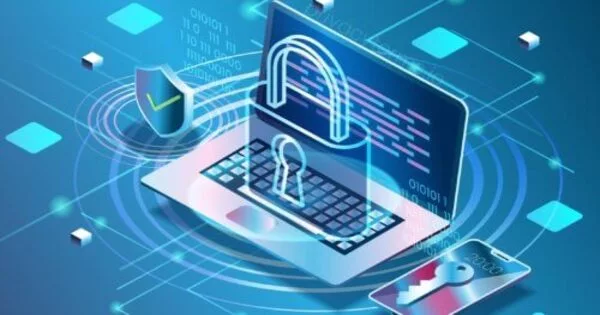Information privacy refers to the right of individuals to control the collection, use, and dissemination of their personal information. It involves the ability of individuals to keep their personal data, such as their name, address, phone number, email, and financial information, private and protected from unauthorized access or use.
The relationship between data collection and dissemination, technology, the public expectation of privacy, contextual information norms, and the legal and political issues surrounding them is referred to as information privacy. It’s also referred to as data privacy or data protection.
With the increasing use of technology and digital platforms, information privacy has become a critical concern for many individuals and organizations. The collection and use of personal information by companies, governments, and other entities has raised questions about data protection and security, and the potential risks and harms associated with the misuse of personal information.
In today’s digital age, information privacy has become increasingly important due to the vast amount of personal data that is being collected, stored, and analyzed by companies, governments, and other organizations. This data is often used for marketing purposes, but it can also be used for more nefarious purposes, such as identity theft, fraud, and surveillance.
Data privacy is difficult because it tries to use data while protecting an individual’s privacy preferences and personally identifiable information. To address this issue, the fields of computer security, data security, and information security all design and use software, hardware, and human resources.
To protect individuals’ information privacy, laws and regulations have been established in many countries, such as the General Data Protection Regulation (GDPR) in the European Union and the California Consumer Privacy Act (CCPA) in the United States. These laws aim to give individuals more control over their personal data, require organizations to obtain consent before collecting or using personal data, and provide individuals with the right to access and correct their personal information.
Information privacy is an important aspect of individual autonomy, as it allows individuals to control their personal information and to make informed decisions about how their data is used. It also plays a critical role in maintaining trust and confidence in the digital economy and society as a whole.
In addition to legal protections, individuals can also take steps to protect their own information privacy, such as being cautious about the information they share online, using strong passwords, and regularly checking their credit reports for signs of identity theft.
















